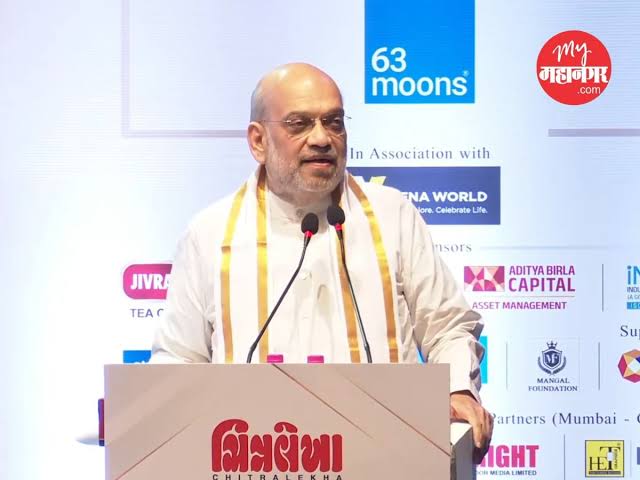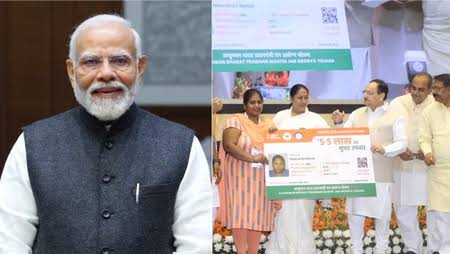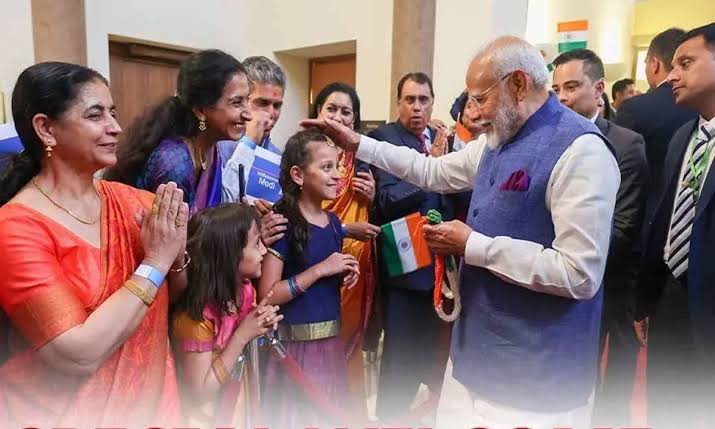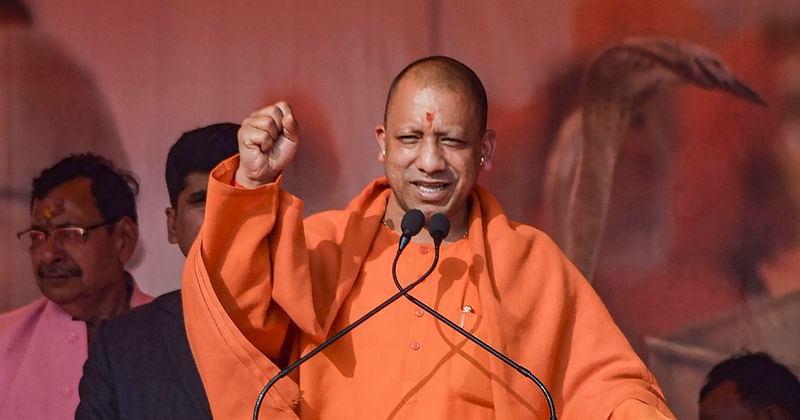In a heartfelt tribute to Gujarati literature and journalism, Union Home Minister and Minister of Cooperation Shri Amit Shah addressed the 75th Foundation Day celebration of the renowned weekly magazine ‘Chitralekha’ in Mumbai. The event, held in the presence of several eminent dignitaries including Maharashtra Chief Minister Devendra Fadnavis and Union Minister Piyush Goyal, was a celebration not only of a publication but of a rich cultural journey that has touched lives for generations.
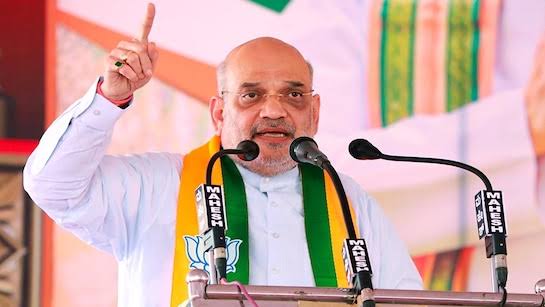 Reflecting on the magazine’s legacy, Shri Amit Shah shared a personal connection that echoed with many in the audience. He recalled how, through all the changes in his life—different homes, shifting furniture, new addresses—one constant remained: the weekly arrival of ‘Chitralekha’. For him, and for many others, it was more than just a magazine. It was a trusted companion, a storyteller, and a silent reformer.
Reflecting on the magazine’s legacy, Shri Amit Shah shared a personal connection that echoed with many in the audience. He recalled how, through all the changes in his life—different homes, shifting furniture, new addresses—one constant remained: the weekly arrival of ‘Chitralekha’. For him, and for many others, it was more than just a magazine. It was a trusted companion, a storyteller, and a silent reformer.
He emphasized that such a deep relationship with readers is only possible when a publication goes beyond profit and stays true to a higher purpose—serving literature, truth, and society. From the time he first learned to read, ‘Chitralekha’ was a part of his life, helping him explore not only fiction and humor but also the pressing issues of the day. Through the works of writers like Harkishan Mehta and Tarak Mehta, the magazine ignited in him a sense of social awareness and a desire to seek solutions.
Shri Shah paid tribute to the role of ‘Chitralekha’ during critical periods in Gujarat’s history, such as the Anamat movement, when the social fabric seemed to fray. In those moments, the magazine stood firm, carrying the torch of unity and factual reporting. Its influence extended beyond news—it shaped conversations, guided public sentiment, and offered a platform for voices that helped build a more aware society.
He recalled the foundational role Gujarati literary magazines have played in the nation’s evolution. From the 19th-century ‘Budhi Prakash’ to Mahatma Gandhi’s ‘Navjeevan’, and eventually to the birth of ‘Chitralekha’ in 1950, each publication contributed significantly to India’s intellectual and moral development. ‘Chitralekha’ joined this tradition with a strong voice, providing both literature and social commentary with clarity and purpose.
He highlighted how the magazine nurtured great writers like Nagin Das, Tarak Mehta, and Gunwant Shah—each of whom eventually received Padma awards. Their journey from the pages of ‘Chitralekha’ to national recognition stands as a testament to the magazine’s role in discovering and uplifting literary talent.
Recalling the powerful impact of its special issues, Shri Shah spoke of the unforgettable coverage on topics such as the Narmada Yojana and the 26/11 Mumbai terror attacks, where ‘Chitralekha’ offered detailed, truthful reporting that stirred public consciousness. He also mentioned the magazine’s bold yet respectful presentation of sensitive matters like the Ram Mandir, highlighting how it handled such subjects with unmatched depth and sensitivity.
In his speech, Shri Amit Shah underlined the enduring importance of literature in society, noting that a nation cannot grow without its people reading and thinking. He praised ‘Chitralekha’ not just for surviving 75 years, but for remaining relevant, courageous, and true to its readers. In an age of fleeting digital content and sensational headlines, the legacy of ‘Chitralekha’ stands as a beacon of thoughtful journalism, cultural pride, and unwavering commitment to truth.

